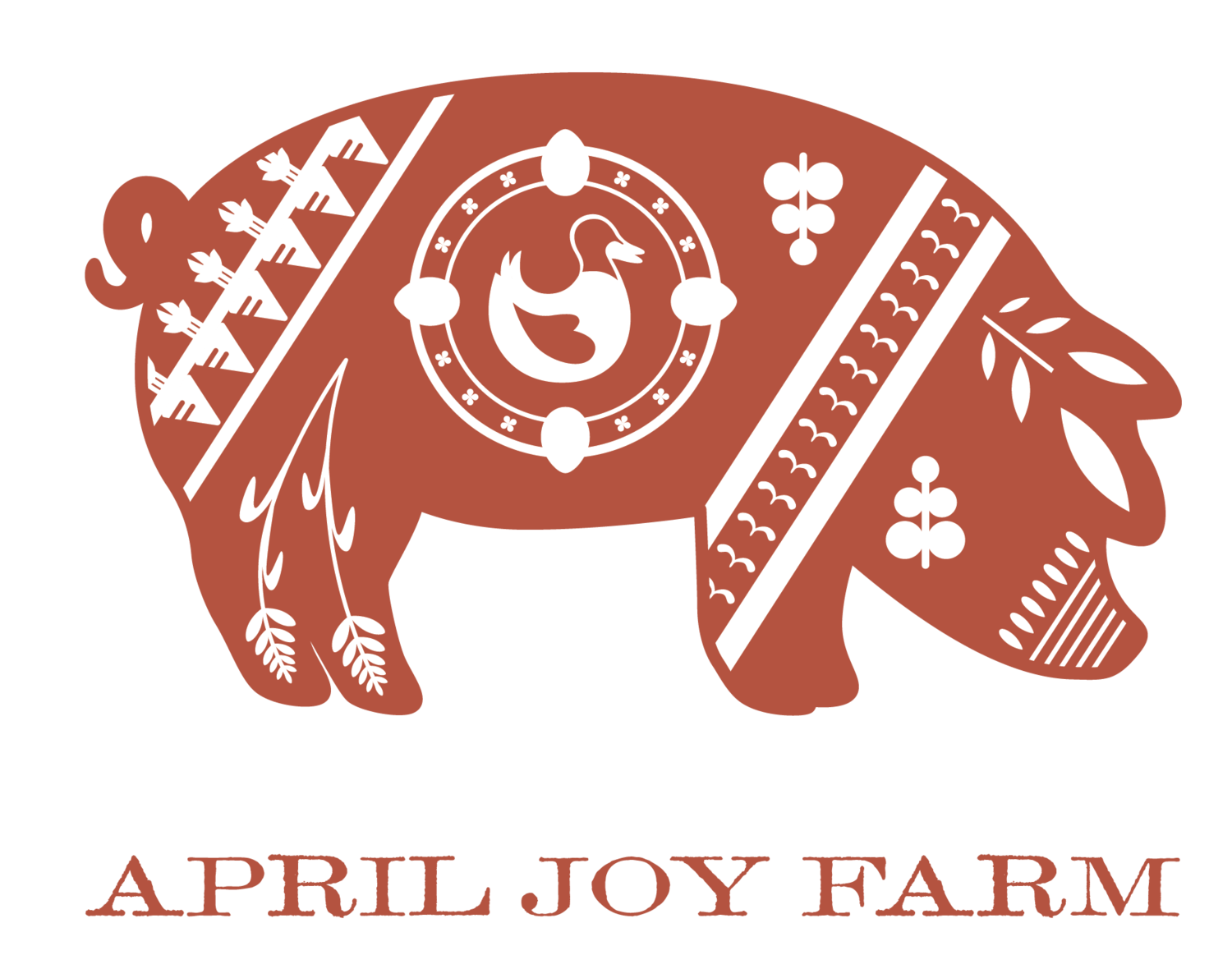Stories: Motivational Kindling
It wasn’t but four weeks ago after a marathon of field work that I returned from my mailbox with a one page, two color, folksy-worded advertisement offering “ORGANIC PRODUCE DELIVERED!”
After I read all the fine print I sat down, rested my soil stained hands on my workpants, and sighed. It’s not as if I don’t relish the thought of more organic produce farms in the world. I dream of it. But aside from the irony of sending an organic produce farmer an offer to buy organic produce, there was something else about this particular ad that I found off-putting.
“We’re a small family farm.”
Uh, really? If you are delivering over “600 artisan products weekly” and your mailing address is Seattle, but you are shipping perishable food to multiple zip codes, I highly doubt that the word small is an accurate adjective.
Language is powerful, as is the impact of the stories we tell ourselves and others. I’m not suggesting that small is better than large, but rather that we need to take Dolly Parton’s advice to “Find out who we are and do it on purpose.” By contrast, the advertisement in my mailbox is a prime example of using language to hide identity with a very specific purpose: to make money. This is a company that doesn’t have the courage or moral conviction to tell their story authentically. They may have started out with good intentions, but have clearly fallen into the trap of replicating the methods of modern corporations. Shoe-horn food production into the industrial manufacturing model. Push efficiency. Maximize volume. Need a huge customer base? Simple! Make consumers feel good for supporting you by telling them what they want to hear. “Free of Chemical Pesticides. Sign up today and SAVE $40! Change or cancel anytime!”
And worst of all? Co-opt language that resonates with consumers, even if it dumbs-down agricultural practices, creates an atrocious amount of food waste, or inaccurately depicts what really happens behind the scenes of the agri-business farm gate.
What happens to all the food farmers have planted if you do change your mind or cancel anytime? Cilantro and lettuce are not widgets. They will not wait patiently at a perfect stage of ripeness just because we lack commitment. And farmers can’t ask seed companies or suppliers for a “we’ve changed our mind” refund. Farmers are the ones left holding the proverbial bag, and let me tell you, it isn’t full of money.
These days, I don’t even have to leave the farm to be barraged with some form of ‘healthy’ food business marketing, buzz word eco-language or board room derived story that claims to provide us a ‘wholesome’ or ‘sustainable’ product. I can’t change these sorts of disingenuous practices or people. But I can tell more of our story, genuinely, nuances and all. I can help you to better understand what makes your CSA farm tick, what choices we face and the decisions we make that are based on the health and well being of our community, not driven by maximizing short term monetary profits.
The more advertisements I see for “Local! Organic! Sustainable! Healthy! …. fill in the blank” the more I wish I could give all of you a tour of our farm. Farm tours are brimming with stories! Given the magnitude of work we face during the growing season, tours aren’t feasible. But, through my essays I certainly can share some of the important behind the scenes things we do that are chock-full of integrity. I can help you learn about our practices, steeped in caring and community that you can't see when you’re holding a head of cabbage or sweet pepper in your hand. The more the connection you have to your food, the more stories of truth you can share with those in your circle. Collectively, then, we'll all begin to see through the not-so-accurate food marketing propaganda that most assuredly has landed in your mailbox too.
Authentic stories told with heart are motivation kindling- they spark the fires of change. The truth of our story is that we’ve been nurturing healthy soil and community for over a decade. The truth of our story is that our values are not just written on letterhead, but rather put into small actions that make a lasting positive impact. We aren’t farming with monthly sales forecasts and quarter revenues prioritized over the long term health and well being of our farm ecosystem. For me, the choices we labor over wholeheartedly, and how those choices affect the land, creatures and systems we steward are just as important to share as our weekly harvests of produce.
So who is up for a multi-part digital farm tour? Wonder what happens at the farm during the winter months? Curious about what we do with our compost? Want to know the difference between Humanely Raised and Animal Welfare Approved? Send your questions to me, I'll do my best to answer them all.
Meanwhile, know that the more food advertisements that show up in my mailbox, the more grateful I am for all the families who have joined our community supported agriculture program. You have decided to support an authentic, independent producer in your community, rather than a faceless, placeless “small, local farm” with a cartoonish red barn, or a far-fetched smiling chicken logo. Thank you for caring about the sincerity of language and for putting your trust in our work.
Here’s to the coming stories of our great food, grown with love. ~AJ
“We are constantly invited to be who we are.”

